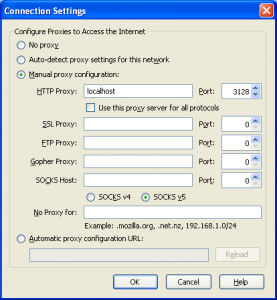The latest update for Firefox is their latest safe surfing feature. The new patch will stop websites from putting tracking cookies on your computer. Tracking cookies are just one way that some web businesses track what you do online.
Cookies are only one way that your web browsing is tracked. Recently, with HTML5, there is a new surge in storing and tracking your internet surfing. By tracking this information, companies will know when you were on their site, what your IP address is and what browser you are using. This information is also easy to transfer to other third party tracking services as well.
Safer Surfing
These changes in web security will result in faster changes in tracking web visitors. First party trackers will become more popular. Google and Facebook currently use this form of first party tracking to track what users of their sites do while they are visiting. This will translate to webmasters losing some functionality of applications and widgets that are installed on websites. Third party services are currently utilized for customer service, shopping carts and chat features on websites.
Since browser vendors make money from the advertising applications installed on their sites, this may limit their ability to earn that income, in essence, they are kind of cutting their own income by blocking the cookies. Internet Explorer began automatically turning on the Do Not Track feature last year.
But their cookie blocking does not compare to Mozilla’s stricter version. With all the new protections added to browsers, advertisers will be forced to use more legit ways of advertising using pixel based, flash, and HTML5 based rather than server based shady advertising techniques.
Who Blocked the Cookie from the Cookie Jar?
Firefox’s new security setting is much different from that of Internet Explorer DNTMe, or DoNotTrackMe setting. Firefox stops all third party data collecting by blocking cookies, without effecting website performance. Internet Explorer can block java and other scripts from running.
There is no effect on web beacons, Java scripts and images with Firefox security, allowing websites to fully function. Internet Explorer blocks these items. Both internet browser security additions are customizable for user benefit and protection.
Using Proxies for Safe Surfing

Using proxies are also a great way to protect your internet identity. Most browsers store your information. Use of a proxy browser blocks your information from being collected. USA proxy servers also speed up browser loading time by using cached web pages.
Schools, libraries, and other public or private business and places use proxies to block or filter certain websites from being loaded at all. It is a great way to keep employees from accessing sites that are not allowed during work time and helps to keep company information safe.

